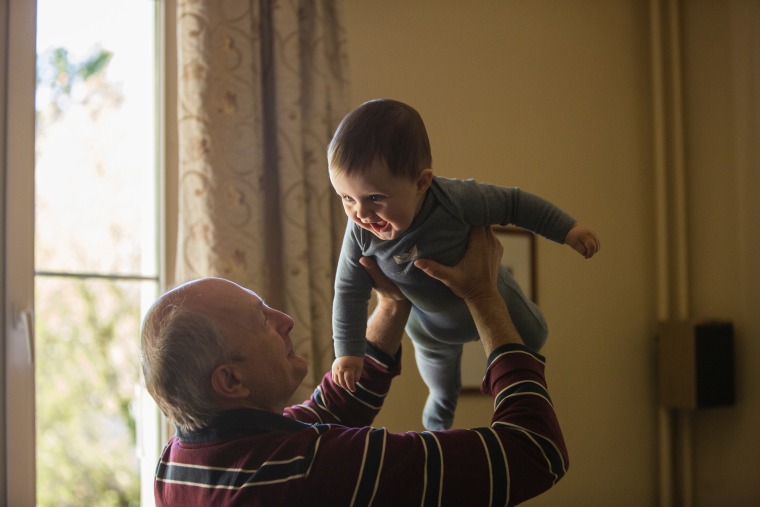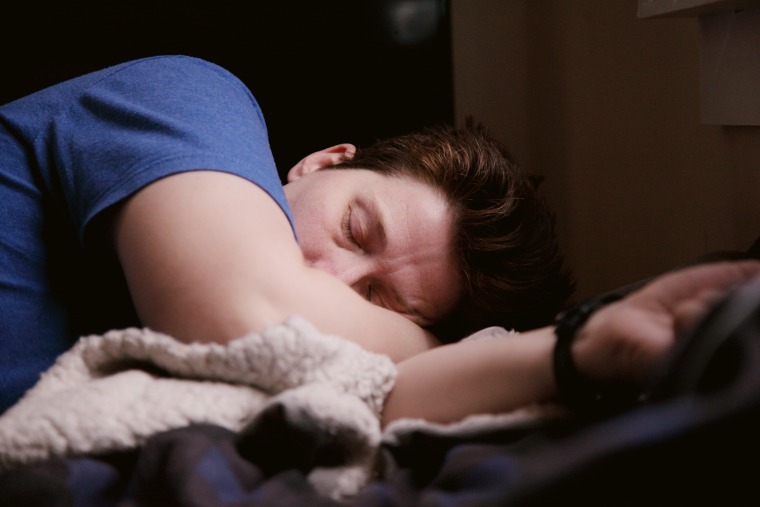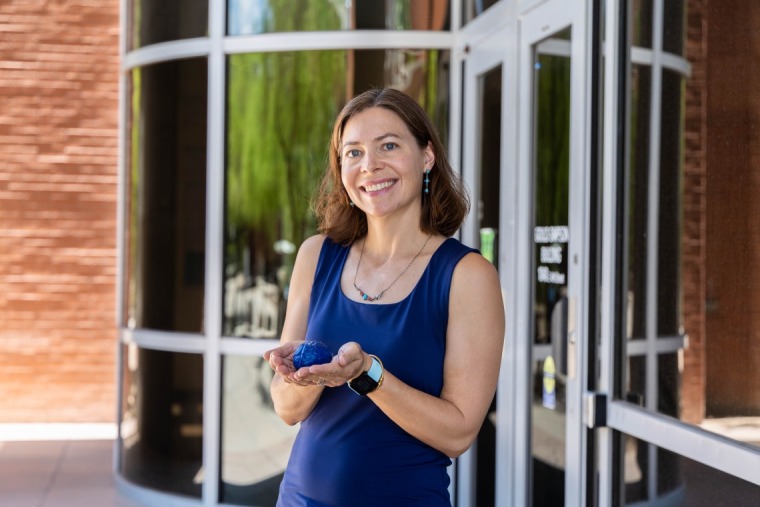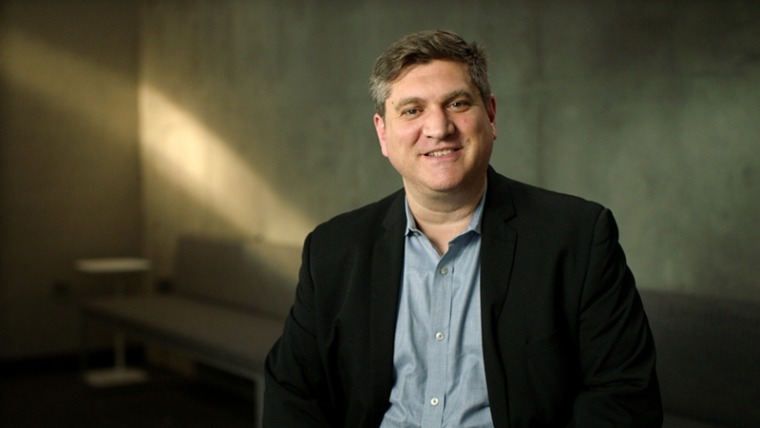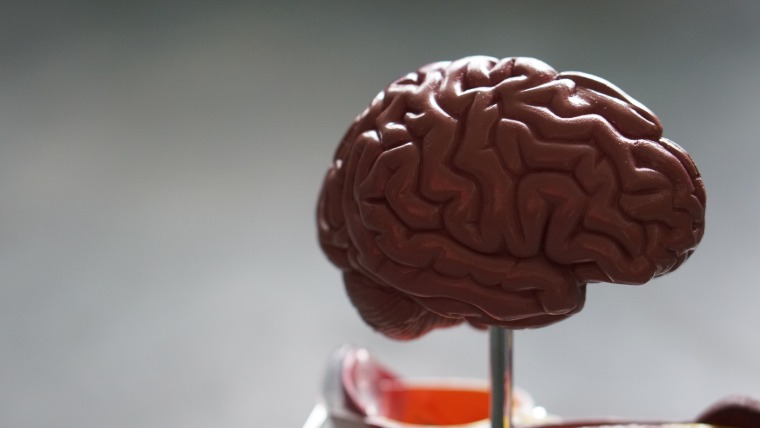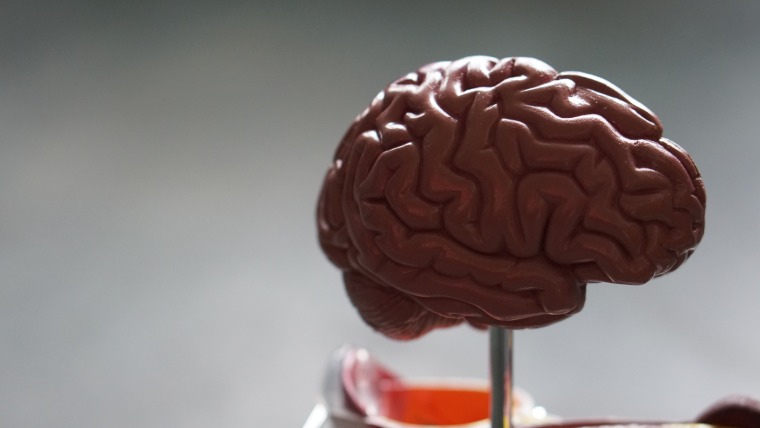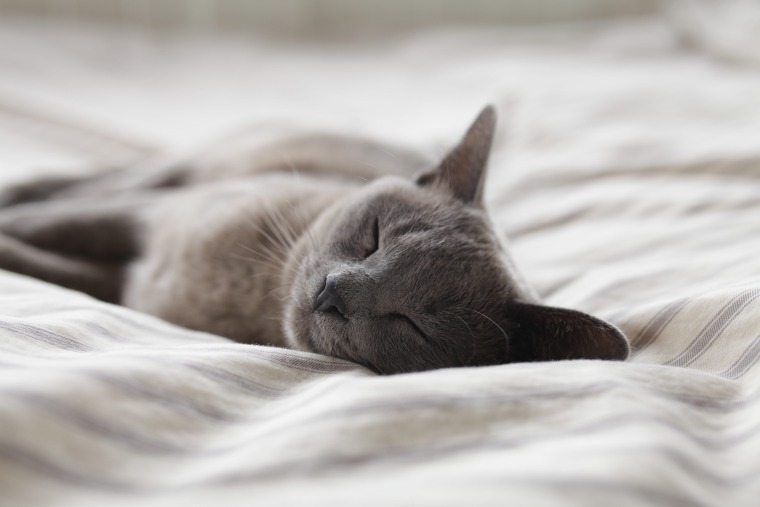AHA News: The 'Hispanic Paradox': Does A Decades-Old Finding Still Hold Up?
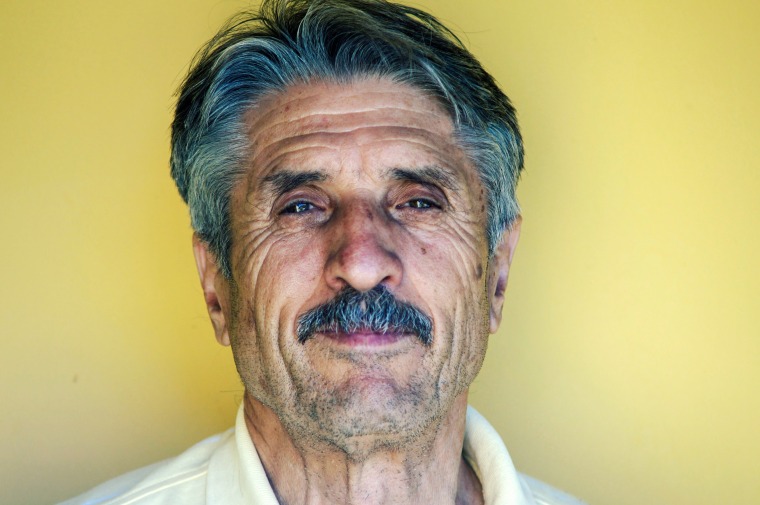
Many Hispanic people in the United States face socioeconomic disadvantages and lower access to affordable health care. Despite these and other challenges to their health, they generally tend to live longer than other racial or ethnic communities – a health phenomenon that's been studied for decades.


